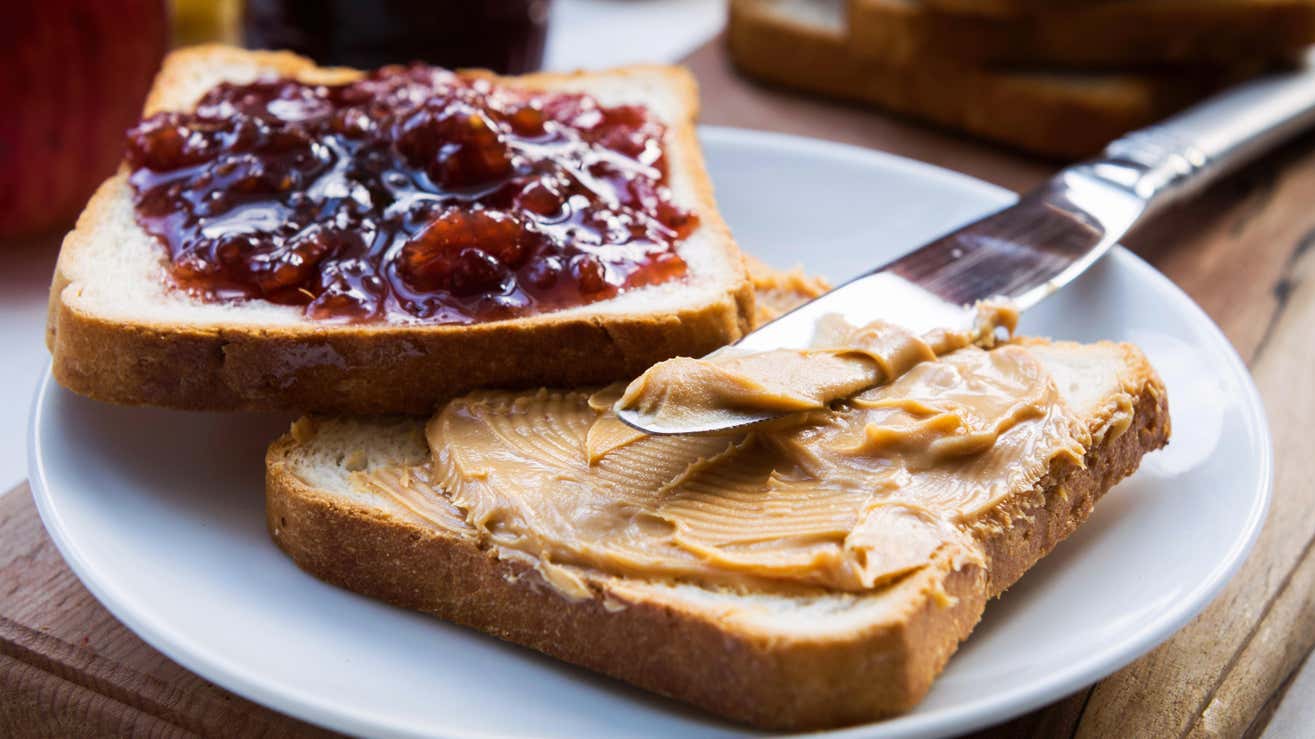Why You Shouldn't Refrigerate Peanut Butter
I grew up in a house where there was always peanut butter in the fridge. Every other jar that has been opened is kept in the refrigerator, so why not the peanut butter? If you've been refrigerating your peanut butter, you might be surprised to learn that many others don't—and that peanut butter is completely fine at room temperature.
However, there are certain reasons why you might choose to store peanut butter cold; it all depends on your preferences and the type of peanut butter you keep on hand. But first, there's the issue of safety.
Peanut butter that has not been refrigerated is safe.
Peanut butter is one of those foods that does not require refrigeration (along with oil, honey, tomatoes, and, with restrictions, butter).
A brief entry on the shelf life of peanut butter may be found in the USDA's Q&A database. If the jar hasn't been opened, it should keep in the pantry for six to nine months. It is good for two to three months after opening. Peanut butter is included in an entry on shelf-stable foods as an example of a food that is "safe indefinitely." It may develop a stale flavour, an unappealing texture, or an unappealing colour over time, but it is unlikely to kill you.
What makes this possible? The majority of a jar of peanut butter is oil and solids. Peanut butter, like dairy butter, lacks enough water to be a suitable environment for bacteria to flourish.
Where should you put your peanut butter?
As a result, peanut butter is safe to eat at room temperature. That doesn't imply it's harmful to put it in the fridge, so there are a few more considerations to consider.
The first is the amount of time it takes you to finish a jar of peanut butter. Many people can eat their way through the jar in a matter of weeks, or in some cases, days. If you store the same jar for months on end—longer than the USDA's recommendation of two to three months—it will stay fresher if you keep it in the fridge.
Another factor to consider is texture. If you use a natural peanut butter that separates into oil and solids, properly combine it before storing it in the fridge. The peanut butter will stay blended longer this way. If you prefer your peanut butter to be as spreadable as possible, you may prefer the softer texture that comes with storing it in the pantry.




